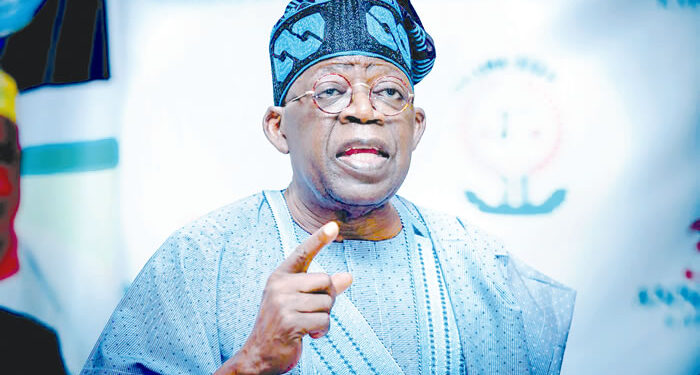The leadership of Nigeria’s National Assembly is facing mounting pressure and internal unrest over President Bola Tinubu’s failure to settle outstanding debts owed to thousands of local contractors who executed government projects in 2024.
This development comes amid growing public concern over the administration’s request for fresh loans running into trillions of Naira—ostensibly to fund priority sectors including infrastructure, agriculture, healthcare, education, water supply, security, and job creation. Critics argue that the government’s eagerness to borrow heavily, while neglecting its existing financial obligations, casts serious doubt on its fiscal discipline and commitment to inclusive development.
In June 2025, no fewer than 5,000 local contractors, under the umbrella of the Concerned Contractors Owed by the Federal Government of Nigeria 2024 Capital Projects, publicly appealed to President Tinubu and the leadership of the National Assembly. They called for urgent intervention to facilitate payment for projects completed over nine months ago—many of which remain unpaid.
In a stunning revelation to POLITICS DIGEST, a member of the House of Representatives—speaking under condition of anonymity—accused the National Assembly leadership of approving billions of Naira for their own constituency projects, while ignoring the legitimate claims of other lawmakers and contractors.
“If you’re close to the leadership, your constituency project gets paid on time—but only if you agree to pay a percentage kickback,” the lawmaker claimed. “When others complain, they’re told that funds haven’t been released. But clearly, the leadership is selectively funding projects that serve their interests. So where is the money coming from?”
He further warned of growing discontent within the chambers of the National Assembly:
“Our constituents are accusing us of diverting projects when, in reality, we’ve received no funding. If these contractors aren’t paid soon, the frustration here could boil over. The leadership has failed us.”
Mounting Frustration Among Lawmakers and Contractors
The crisis has created a twofold dilemma: lawmakers are under intense pressure from their constituencies due to abandoned or delayed projects, while contractors—many of whom borrowed funds from banks to execute federal contracts—now face severe financial distress, with some on the brink of bankruptcy.
“This isn’t just about money,” lamented one contractor. “It’s about trust. We believed in the system, we delivered our part, and now our livelihoods are on the line while politicians play politics with our futures.”
A Stark Contrast with Buhari’s Administration
Many observers have pointed out a glaring contradiction: despite sustaining the fuel subsidy, the Buhari administration was able to secure loans and still pay contractors their outstanding entitlements.
In contrast, President Tinubu’s government, despite removing the fuel subsidy—a policy move that was supposed to free up significant revenue—has not only sought new loans but has also failed to clear the backlog of contractor payments.
This inconsistency has led to questions over the government’s priorities and transparency in the management of public funds.
A Brewing Political Crisis
Analysts warn that the Tinubu administration’s handling of the contractor payment issue could trigger a broader political crisis—both within the ruling party and across the legislative arm of government. Reports suggest that some lawmakers are considering a revolt against the National Assembly leadership, whom they accuse of hoarding resources and abandoning principles of equity and accountability.
If left unresolved, the issue could spiral into a major credibility crisis for President Tinubu’s administration, further eroding public trust and worsening tensions between the executive and legislative branches.
Source: POLITICS DIGEST


